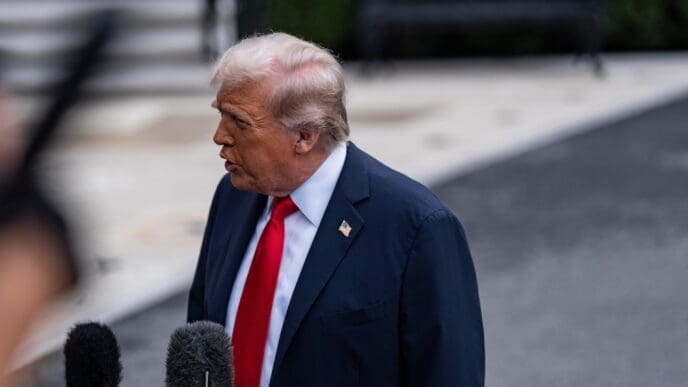The Senate passed a defense bill on Wednesday that includes substantial pay increases for junior enlisted service members, addresses China’s rising influence, and raises military spending to $895 billion. However, it also eliminates coverage for transgender medical treatments for military children.
While the annual defense authorization bill typically enjoys strong bipartisan support and has passed Congress for nearly six decades, it has recently become a platform for cultural disputes. This year, Republicans added social conservative priorities, which prolonged negotiations and diminished Democratic backing.
Despite this, the bill passed with a significant margin of 85-14 and now moves to President Biden. Among those opposed were 11 Democrats and three Republicans.
Senate Majority Leader Chuck Schumer acknowledged the bill’s imperfections but highlighted its valuable provisions to counteract the Chinese Communist Party.
In the House, the majority of Democrats voted against the bill last week due to Speaker Mike Johnson’s push to prohibit the military health system from covering transgender medical care for minors, leading to a successful passage by 281-140.
Senate Republicans criticized the 1% increase in defense spending as insufficient amid global tensions and plan to push for even greater funding when they regain control of the White House and Congress next year. Republican Sen. Roger Wicker emphasized the urgency of enhancing defense amid rising national security threats.
The legislation includes a 14.5% pay hike for junior enlisted personnel and a 4.5% increase for others, aiming to improve service members’ quality of life, especially as many military families struggle financially.
Additionally, the bill features provisions to help rail workers by reversing a $100 monthly cut in unemployment benefits, and it allocates resources for a more assertive stance toward China, including military support for Taiwan.
In response to the bill’s measures against Chinese products, the Chinese foreign ministry dismissed the accusations as absurd.
Despite divisions over cultural issues, lawmakers from both parties generally agree on the perception of China as a growing threat. Much of the contention stemmed from Republican efforts to restrict various military policies, including those related to abortion and diversity initiatives.
Although many conservative provisions were excluded from the final bill, Republicans anticipate significant Pentagon policy changes if Donald Trump returns to office in January. The bill continues to ban funding for teaching critical race theory and prohibits TRICARE coverage for specific gender dysphoria treatments for minors.
The American Civil Liberties Union urged Biden to veto the bill, stating it forces active-duty service members to choose between their careers and the wellbeing of their transgender children. Sen. Tammy Baldwin expressed her disappointment with this year’s NDAA, highlighting how the policy changes affect thousands of military families and undermine the bill’s traditional unifying purpose.
Source: APNews.com














